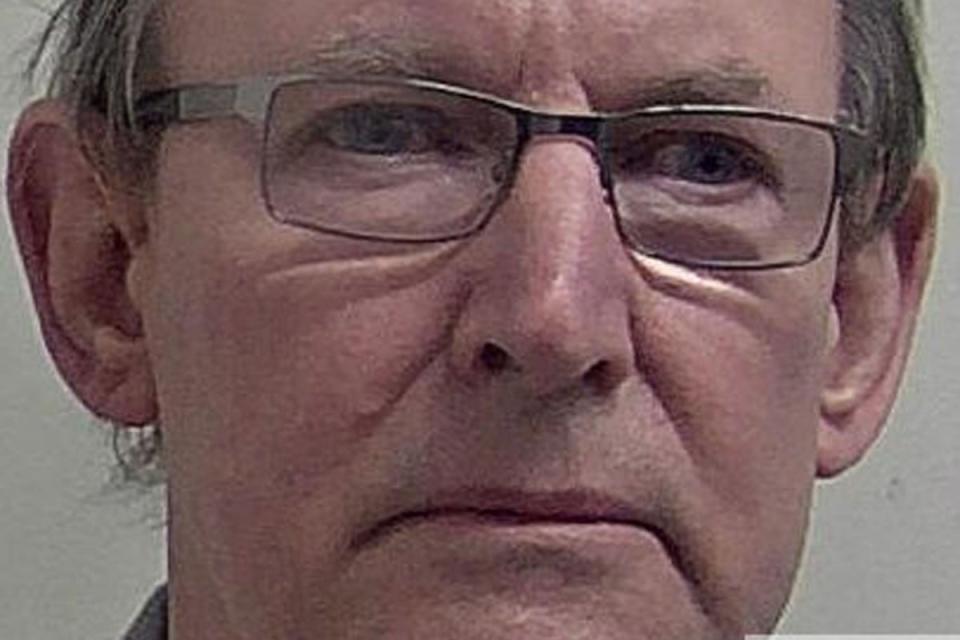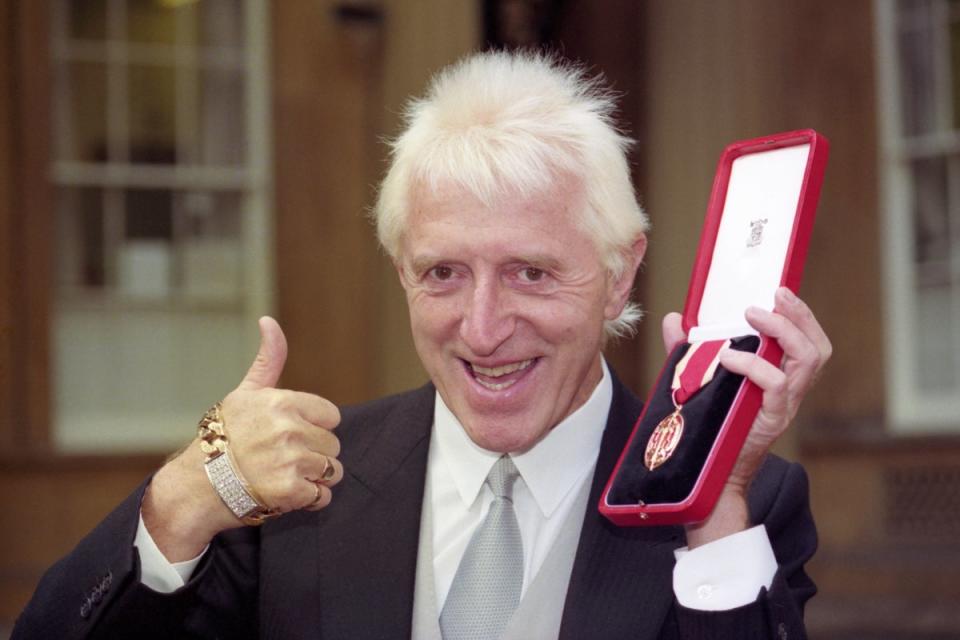‘Missed opportunity’ after Jimmy Savile to deal with NHS necrophilia, says inquiry chief
There was a “missed opportunity” to tighten security in NHS mortuaries after Jimmy Savile’s crimes were unearthed, the chair of a major inquiry into serial necrophiliac David Fuller has told The Independent.
Fuller spent 15 years sexually abusing the corpses of more than 100 women and girls at Maidstone and Tunbridge Wells NHS Trust, after police found a trove of images at his home in 2020 during an investigation into a long-unsolved double murder he committed in 1987.
An independent inquiry concluded on Tuesday that “serious failings” in management and procedures – and a persistent “lack of curiosity” – at the hospitals Fuller worked at enabled the 68-year-old electrician to carry out his crimes for so long without ever being suspected.
The probe identified a host of missed chances to catch Fuller, who is alleged to have accessed the mortuary 444 times in a year, checked logbooks to scan for potential disease in the corpses he abused, and frequently locked himself in the post-mortem examination room to commit his crimes.

Inquiry chair Sir Jonathan Michael made 17 recommendations for tightening security at the mortuary, but he also lamented that similar steps had not been across the NHS back in 2015 after inquiries into Savile detailed suspicions about the notorious paedophile’s abuse of dead bodies at Leeds general infirmary.
Sir Jonathan told The Independent: “Although it’s clearly an unusual and most unpleasant thing, it’s not unheard of. After all, Jimmy Savile was involved in the misuse of the bodies in the mortuaries in Leeds, which was included in the report on the Savile inquiry at Leeds General Hospital.
“To a certain extent, it was a bit of a missed opportunity back in 2015 when the lessons of the Savile issue [and] inquires were passed around the NHS. Because the issue about his abusing people in the mortuary was not one of the things the NHS was told about, although it is in the report.
“So that was a bit of a missed opportunity. But it is back to this business of ‘how do you prevent something almost unthinkable happening?’ And that is where systems, policies, processes and routine come in. That’s what they’re designed to do.”

A 2014 inquiry focused on Leeds Teaching Hospitals NHS Trust detailed “incredibly harrowing” but uncofirmed allegations that Savile – who had unrestricted access to the mortuary – committed sex acts on corpses there, and claimed to have jewellery made from glass eyes taken from the dead.
That inquiry in 2014 advised strengthening the care of bodies at the trust – and urged other NHS leaders to “consider if such events could happen in their organisation, and what controls they have in place to assure themselves that patients, visitors and staff in their organisation are protected from harm”.
But Sir Jonathan’s inquiry noted that a further report in 2015 which brought together the lessons learned from a number of NHS investigations into matters relating to Jimmy Savile, “did not carry through the specific recommendations made by the Leeds investigation in relation to safeguarding the deceased and security in NHS mortuaries” and did not refer at all to allegations of necrophilia.
While NHS organisations were required to review and comply with the 2015 report’s recommendations, Sir Jonathan said his inquiry was concerned to hear that “the risk of abuse of deceased people in hospital mortuaries was not one considered by the NHS”.
The next phase of the Fuller inquiry is set to look at practices in the wider NHS, private hospitals and funeral homes.
“The question is: are the systems and processes in place in those sectors sufficient to assure us that actually, it would be most unlikely that a Fuller could offend in the same way that Fuller did in Maidstone,” Sir Jonathan – a former NHS doctor and hospital boss – told The Independent.
While NHS England has already written to trusts urging them to ensure access to mortuaries was controlled in line with interim recommendations made by Sir Jonathan in 2021, he expressed hope that hospital bosses will study Tuesday’s report and take any further additional steps it highlights.
It recommends installing CCTV cameras, regularly reviewing footage, and ensuring non-mortuary staff cannot enter unaccompanied, among other measures.
Noting that if Fuller’s colleagues had monitored who was accessing the mortuary, “they might well have said ‘why on Earth are you going there so often?’”, Sir Jonathan said: “It might have flagged up an issue. But they didn’t even know.”
While Sir Jonathan criticised a “lack of curiosity” in part for enabling Fuller’s crimes to go undetected, he said this “reflects a degree of apprehension that people sometimes feel about mortuaries”.

